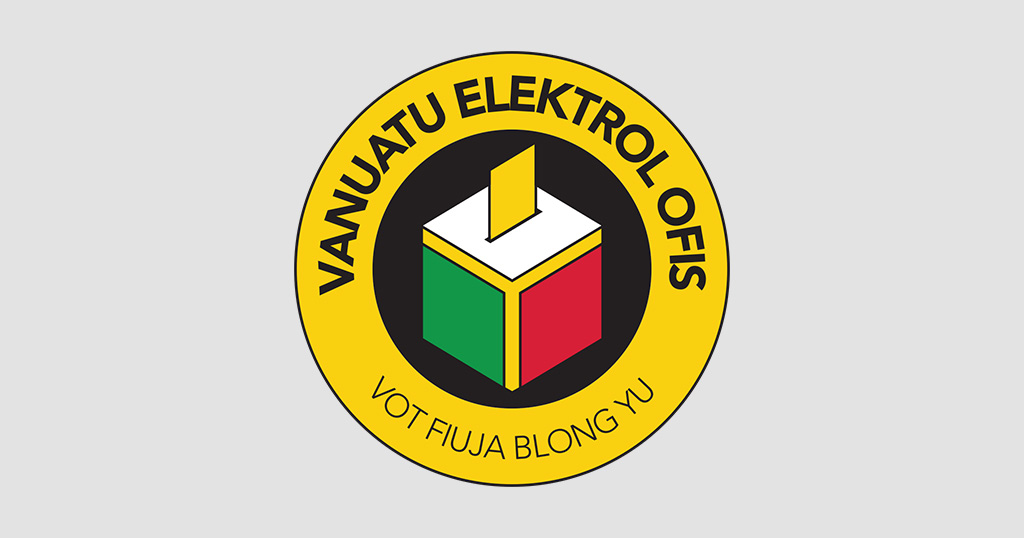Vanuatu gained independence on 30 July 1980 and adopted a Westminster style parliamentary political system. Since then, the country has organized parliamentary elections regularly using a mixture of Single Non-Transferable Vote system in multi-member constituencies and the First-Past-the-Post system in single-member districts.
In February 2016 the government launched a political reform process with the objective of attaining political stability. A “Political Reform Taskforce” was established to develop bills to amend the Constitution and manage the reform process.
Concurrently, the Prime Minister requested assistance from the United Nations (UN) in providing advice and support for the reform process, including the preparations for a national constitutional referendum and long-term electoral assistance.
In response to that request and after thorough consultation promoted by the United Nations Electoral Assistance Division (EAD), the United Nations Development Programme (UNDP) Vanuatu Electoral Environment Project (VEEP) project document was signed in 2017.
What we do
The project aims to contribute to the democratic development of Vanuatu. The overall expected result of VEEP is to strengthen the capacity of the Vanuatu Electoral Authorities to implement their mandate to supervise the registration of electors and the conduct of elections to parliament, provincial and municipal councils, as well as any national referendum.
Improving the capacity of the Electoral Commission / Electoral Office will contribute to its ability to manage the political change process through credible electoral processes.
Who we are
The project is implemented by the UNDP Pacific Office in Fiji through a small project team based in the Vanuatu Electoral Office in Port Vila. The team consists of a project manager & technical advisor, a public outreach coordinator and a project assistant. Additional global expertise is mobilized by bringing experienced consultants for a limited time when specific tasks have to be undertaken.
The Project Outputs
Output 1: Institutional Capacities of the Electoral Authorities Strengthened
Output 2: Integrity and Accuracy of the Voter Registry Enhanced
Output3: Ability to conduct voter education and raise public awareness strengthened
Output 4: Legal framework for political parties developed and capacity building on legal framework to key stakeholders provided.
VEEP in the broader picture
The project falls directly under the United Nations Pacific Strategy (UNPS) 2018-2022, outcome 5: Governance and Community Engagement. VEEP contributes to the achievement of the Sustainable Development Goals (SDGs) with a focus on SDGs 5 gender equality, 10 reduced inequalities and 16 peace, justice and strong institutions. Project support is also a contribution to the achievement of the National Sustainable Development Goals. Society Pillar 6 on strong and effective institutions.
Project Partnerships
The main project counterparts are the Vanuatu Electoral Office and Vanuatu Electoral Commission. However, to achieve increased capacity of these electoral authorities, the project will foster partnerships with other government agencies including the Ministry of Internal Affairs and Provincial Governments.
Additionally, VEEP will promote a broad partnership between the electoral authorities, other government entities and civil society organizations, including faith-based organizations (churches), to implement voter information and awareness during electoral periods.
